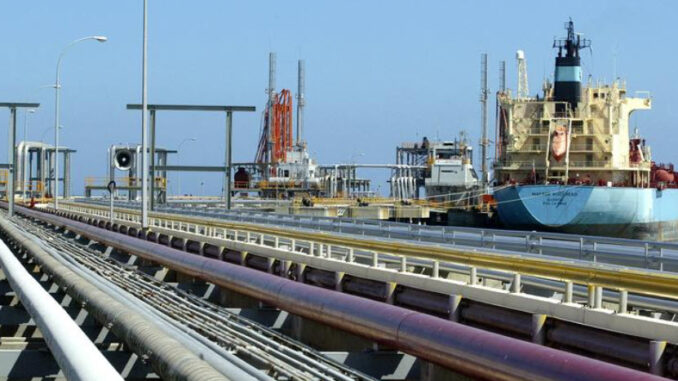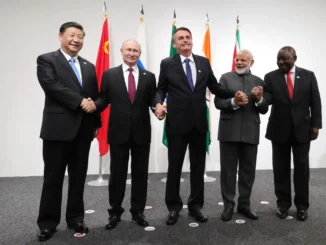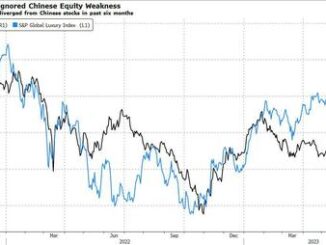
Venezuela’s oil exports rose in February to over 700,000 barrels per day (bpd), their highest level in 10 months, pushed by more sales of fuel oil cargoes to new clients in Asian markets, according to Refinitiv Eikon’s tanker tracking data and documents.
A growing number of clients with no track record in oil trading has been helping Venezuela’s state-run PDVSA to allocate crude and fuel in Asia, especially since the U.S. Treasury Department halted oil swaps by PDVSA’s long-term customers in the last quarter of 2020 as part of tightening sanctions.
These buyers, who sources have called “phantom clients,” have been raising their intake of Venezuelan oil steadily since October, when they took about 123,000 bpd, to 568,200 bpd last month, accounting for three-quarters of the country’s total exports in the period, according to the data and PDVSA’s internal documents.
PDVSA and its joint ventures in February shipped a total of 30 cargoes carrying some 732,107 bpd of crude and refined products, almost 35% higher than January exports, but still 34% lower than the 1.11 million bpd in February 2020, the data showed.
The exports were boosted by more cargoes carrying fuel oil to Asia, among the few refined products Venezuela still produces in excess, which increased 33% to 155,220 bpd in February from 105,740 bpd in January.
China, Singapore and Malaysia were the main destinations for Venezuela’s oil exports, followed by Cuba and Europe.
PDVSA and Venezuela’s oil ministry did not reply to requests for comment.
The larger sales in recent months have allowed PDVSA to maintain its inventories of heavy crude at around 9 million barrels, according to the company documents, a key metric to avoid further output cuts at Venezuela’s largest producing region, the Orinoco Belt.
As of Feb. 26, heavy crude inventories at Jose, the country’s main oil port, were at 9.05 million barrels, well below a record of 14.8 million barrels at the end of June.
Venezuela’s fuel imports also increased last month, to 42,500 bpd, boosted by the discharge of at three cargoes of Iranian gasoline, according to the data and sources. At least one of the tankers was loading Venezuelan jet fuel last week bound for Iran in exchange, according to the documents.
Reporting by Marianna Parraga in Mexico City and Mircely Guanipa in Maracay, Venezuela; Editing by Sonya Hepinstall -Reuters



